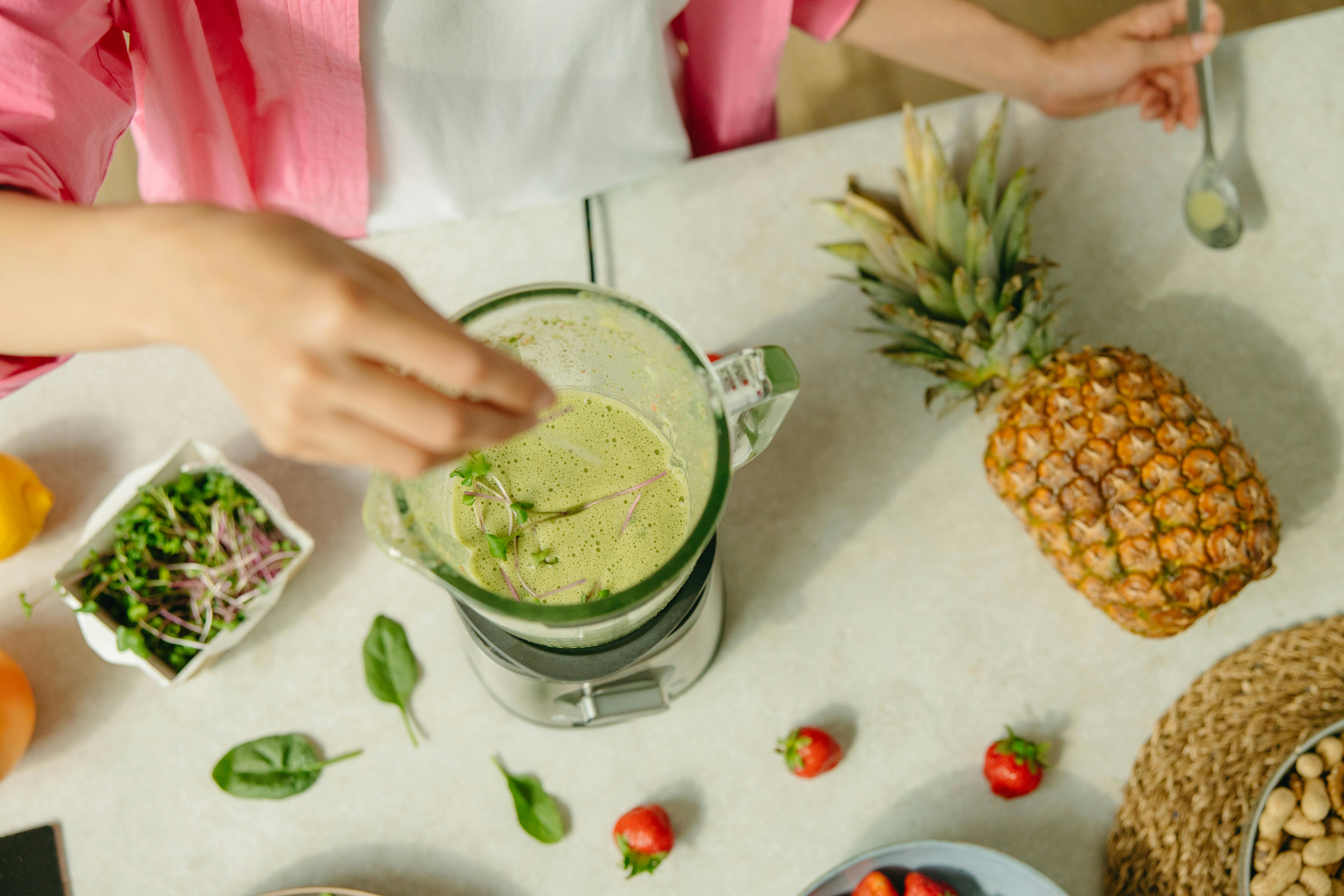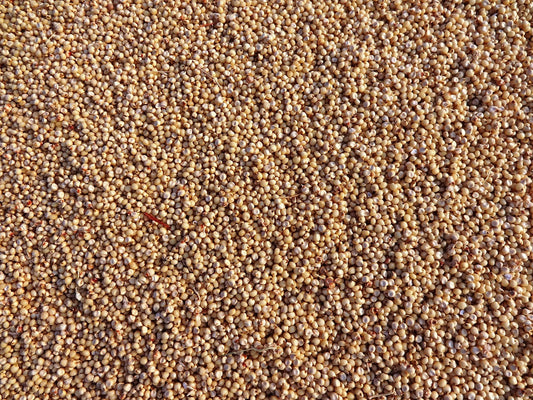
Yaroslav Shuraev // Pexels
High blood pressure, also known as hypertension, is a silent killer that affects millions of people worldwide. It's a leading preventable risk factor for cardiovascular disease, which can lead to heart attacks, strokes, and even death. But the good news is that lifestyle modifications, such as adopting a diet rich in fruits and vegetables, can help manage high blood pressure and reduce the risk of complications.
Let's dive into the latest research on the benefits of fruits and vegetables in managing high blood pressure and preserving kidney health. We'll also explore the link between hypertension and chronic kidney disease, and how dietary changes can make a significant difference in your overall health.
The Link Between Hypertension and Chronic Kidney Disease
High blood pressure can cause damage to the kidneys, leading to chronic kidney disease. When blood pressure increases, it can cause the blood vessels in the kidneys to narrow and stiffen, reducing their ability to filter waste and excess fluids from the blood. This can lead to a buildup of toxins in the body, which can further damage the kidneys and increase the risk of cardiovascular disease.
According to the American Heart Association, 47% of U.S. adults have hypertension, which is a major risk factor for chronic kidney disease. In fact, high blood pressure is the second leading cause of kidney failure in the United States.
The Role of Diet in Managing Hypertension
Lifestyle changes, including adopting a healthier diet, are the recommended first line of treatment for managing high blood pressure. The Dietary Approaches to Stop Hypertension (DASH) diet, which emphasizes the consumption of fruits, vegetables, lean protein, and low-fat dairy products, has been shown to be effective in reducing blood pressure and improving overall cardiovascular health.
But what about the specific benefits of fruits and vegetables? A new study published in The American Journal of Medicine found that increasing fruit and vegetable consumption can have a significant impact on kidney health and cardiovascular risk factors in patients with high blood pressure and chronic kidney disease.
The Study: Fruits and Vegetables vs. Sodium Bicarbonate
The study, led by Dr. Donald Wesson, a professor of internal medicine at The University of Texas at Austin, involved 153 individuals with high blood pressure and chronic kidney disease. Participants were randomly assigned to one of three groups: a fruits and vegetables intervention group, an oral sodium bicarbonate treatment group, or a usual treatment group.
The fruits and vegetables intervention group consumed 2 to 4 additional cups of base-producing fruits and vegetables daily, in addition to their regular daily diet. The oral sodium bicarbonate group received an oral dose that would have a similar effect on blood pH levels to that observed after the digestion of 2 to 4 cups of fruits and vegetables.
The results of the study were striking. The fruits and vegetables intervention group showed a greater reduction in blood pressure and cardiovascular risk factors, including body mass index and low-density lipoprotein (LDL) cholesterol, compared to the oral sodium bicarbonate and usual treatment groups.
The Benefits of Fruits and Vegetables
One key factor is their ability to increase blood pH levels after digestion, which can help reduce the amount of acid in the diet and alleviate the burden on the kidneys. Fruits and vegetables are also rich in antioxidants, fiber, and other nutrients that can help reduce inflammation and improve cardiovascular health.
Fruits and vegetables also contain a variety of phytochemicals, which have been shown to have anti-inflammatory and antioxidant properties. These phytochemicals can help protect against cell damage and reduce the risk of chronic diseases.
Furthermore, the high water content in fruits and vegetables can help to dilute the concentration of toxins in the body, making it easier for the kidneys to filter and eliminate waste products.

SHVETS production // Pexels
Actionable Tips: Incorporating More Fruits and Vegetables into Your Diet
- Aim for 2 to 4 cups of fruits and vegetables per day. This can include a variety of fruits and vegetables, such as leafy greens, citrus fruits, and cruciferous vegetables.
- Incorporate base-producing fruits and vegetables into your diet. These include fruits and vegetables that increase blood pH levels after digestion, such as citrus fruits, apples, and leafy greens.
- Experiment with new recipes. Try new fruits and vegetables, and experiment with different cooking methods to find healthy and delicious ways to incorporate them into your diet.
- Make it convenient. Keep a bowl of fruit on your counter, or prep a batch of vegetables on the weekend to make healthy snacking easy and convenient.
The Bottom Line
The latest research suggests that incorporating more fruits and vegetables into your diet can have a significant impact on kidney health and cardiovascular risk factors in patients with high blood pressure and chronic kidney disease.
By making a few simple changes to your diet, you can reduce your risk of complications and improve your overall health. So, go ahead and get creative with fruits and vegetables – your body will thank you!




